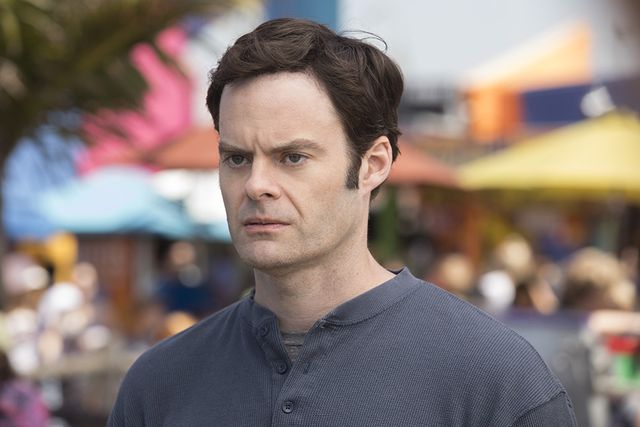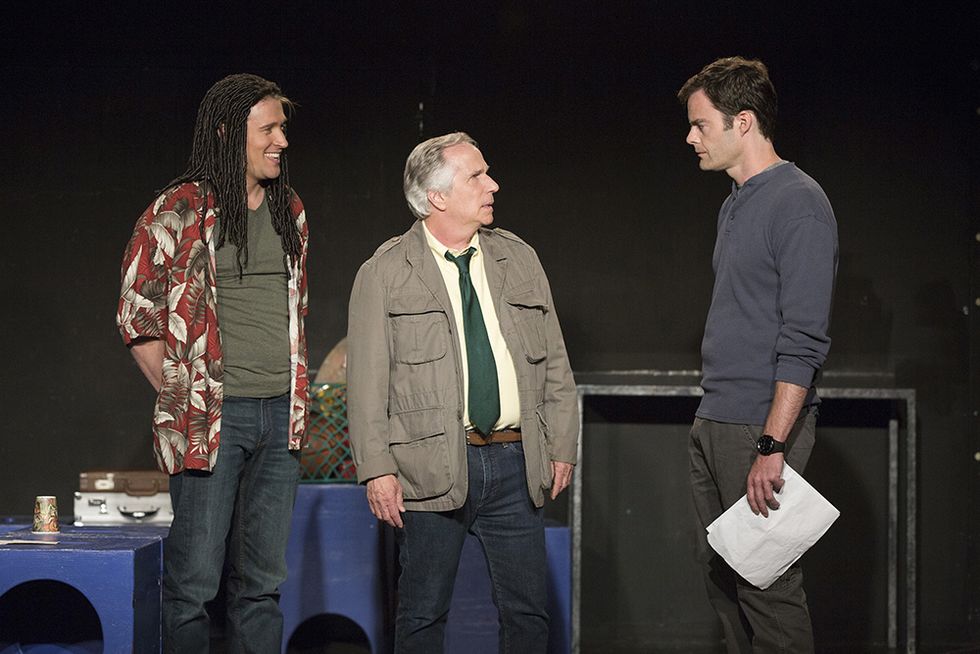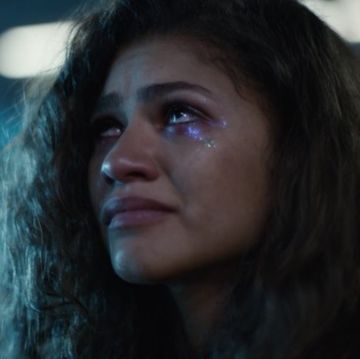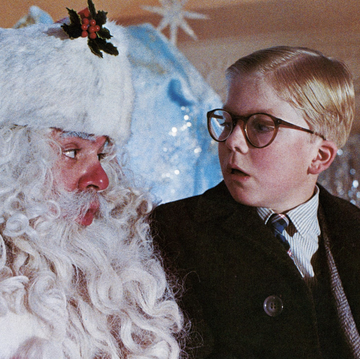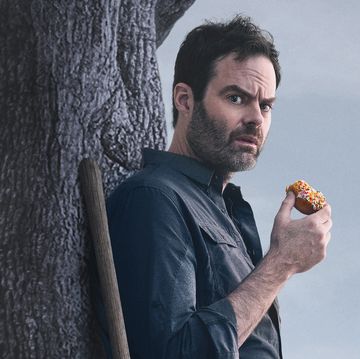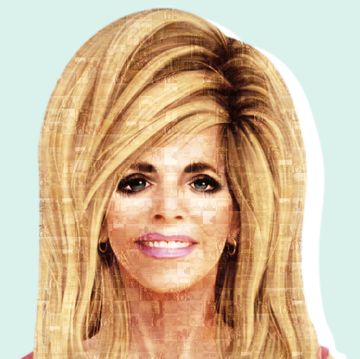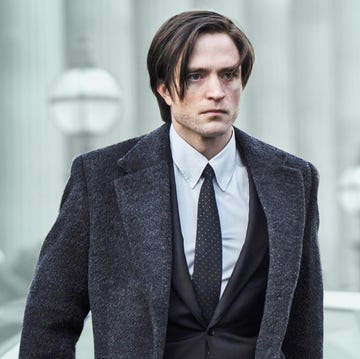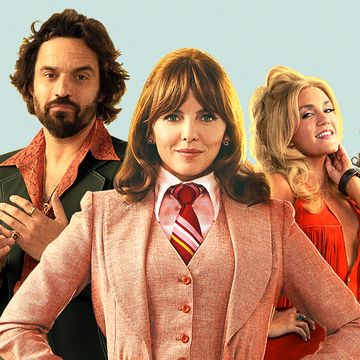In a time when every comedian gets his own TV show, Bill Hader has, against-all-odds, created something distinctive. Unlike the troves of streaming series centered around the dead-horse pitch of a down-on-his-luck comic just trying to find love, Hader decided to do something downright odd. In his new HBO show Barry, the refreshing emphasis on being weird is what will surely keep viewers coming back, season after season.
In short, Barry is weird as hell.
Everything about Barry is strange. The main character is a hitman with no discernible personality or characteristics. His only friend, Fuches (portrayed by the inimitable Stephen Root), is a bizarre little man with trashy tendencies and a penchant for bloodshed, and he seems to find joy in exploiting Hader's former Marine to carry out horrendous murders all across the Midwest and Los Angeles. Are we expected to like either of these strange saps? We’re supposed to care about these scumbags?
But Hader and co-creator Alec Berg seem pleasantly uninterested in what the audience wants. Normally this would feel like a cop out, but in a time when all media is micro-targeted and meticulously curated for us, this unsympathetic ambivalence is refreshing.
Similar to Zach Galifianakis’s excellent Baskets, Barry is all about skipping the sentimental stuff and focusing on creating weird moments in the present. In Baskets—unlike Louie or Curb Your Enthusiasm—Zach Galifianakis only divulges back story or introspection when completely necessary. Barry is equally plot-driven, barreling through beat after beat with little meditation or explanation.
It works here, because Hader’s titular hero is, like Chip in Baskets, emotionally cut off from the world. While Chip is suppressing the wounds from his emotionally traumatizing relationship in France by playing out a clown fantasy in Bakersfield, California, Barry is living through undiagnosed PTSD by killing people as a hitman. As viewers, we can see his inner pain, but Barry can’t. The show naturally doesn’t allow us (or him) to look much deeper than the surface.
What results is a very muted, monotone performance that some fans of cinema may call “transcendent;” like in the great cinematic works of Robert Bresson, Yasujirō Ozu, and Carl Theodor Dreyer, Hader’s performance is so devoid of self-consciousness that we are forced to project our own intentions and motivations onto him. Hader said on Marc Maron’s podcast that he spent so much time working on producing and directing Barry that he almost forgot to spend time crafting an actual character. Whether intentional or not, the viewing experience of Barry is strikingly bizarre.
Perhaps weirdest of all is the role acting plays in the show. Somehow, amid all the disparate eccentricities of this series, finding Hader in a shitty, pathetic acting class run by a narcissistic idiot (acutely portrayed by an enigmatic Henry Winkler) feels perfectly fitting. Placing a hitman in an acting program may seem completely bonkers and unrealistic, but somehow Berg and Hader have found a way to make it feel convincing. And that’s doubly baffling, because if the acting school is full of terrible, unconvincing actors, how can it feel like a natural, convincing setting?
This is the genius of Barry. Since Hader is portraying this hitman like a shell, or the absence of a personality, what better place to project feeling and character onto him than in an oppressive, overly-prescriptive acting school? Perhaps a take on the blunt, shit-or-get-off-the-pot philosophy of David Mamet and the Atlantic Acting School, Gene Cousineau’s acting method is about as subtle as getting hit by a truck.
Winkler mercilessly erupts into hurtful diatribes throughout the first few episodes, tearing apart his actors’ deepest insecurities to “build them up” for their artistic growth. It’s funny—but it’s scary, too, especially in light of the recent allegations against similarly powerful, brutish men in Hollywood. In this way, Barry functions as much as a criticism on the morality of war and killing that it does as a knock on the objectifying world of acting classes, and entertainment in general.
The most captivating performance in the series, by far, is Sarah Goldberg and her portrayal of the down-trodden, yet promising, actress Sally Reed. In fact, her character may be the only talented actor of the entire bunch, and this is what makes her determination and plain-faced work ethic in the face of such emotional abuse so tragic, and interesting to watch.
While Hader plays Barry as a hollow shell of a man, and Winkler and Stephen Root are going over-the-top to great comedic effect, Sarah Goldberg choses to play Sally almost right on-the-nose, and it really hurts. We want her to succeed, but her environment is dragging her down. Like Barry, she's trapped—not by her own choices, but the unfair world around her. There’s already been one sexual harassment scene; because Barry doesn’t seemed too concerned with making us comfortable, there’s sure to be more exploration of that disconcerting reality as Sarah gets farther along into the deeply toxic world of the entertainment industry
For a show that seems dedicated to criticizing the cliched drama-school philosophy of “finding your truth,” Barry really seems sincerely concerned with people living honestly. Hader’s main character mentions in the first episode that acting may be his “purpose;” while this moment may have been employed as a punchline, it’s very resonant for a character who may have lost his sense of self somewhere along his traumatic experiences in the military. Likewise for Sarah Goldberg’s character, who seems to be up against a wall, mounting a last-ditch effort to maintain her dignity—and her own identity—in an industry that is constantly breaking her to pieces.
Like all honest storytellers, Bill Hader and Alex Berg aren’t avoiding the truth. In Barry, they’re shooting to kill.
